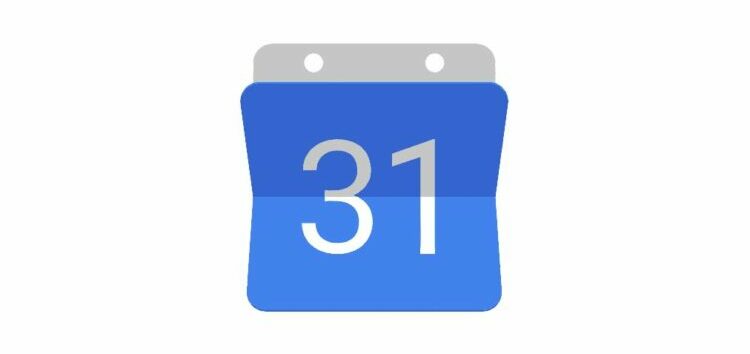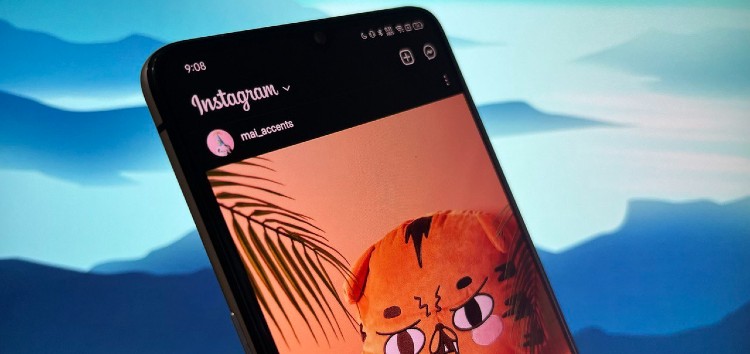The more we are depending on technology, the lesser privacy we enjoy. As the most adverse side effect, malicious entities can easily spoil your personal data if you don’t follow strict security guidelines regarding your online presence.
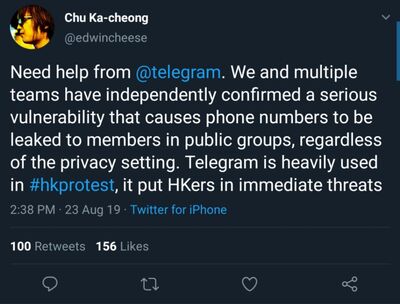
Telegram is actively working on reshaping their tech to mitigate the glitch, but how can you be so sure that the other online services don’t have similar issues? It may sound cliche, but the simpleton calendar app on your phone can be the pawn of the rogue players out there.
Matter of fact, users of Google Calendar are bugged with a weird kind of spamming since last few weeks. Both the web version and mobile apps are affected, as one could see clickbaity and/or obvious phishing links are being added as new events out of the blue.
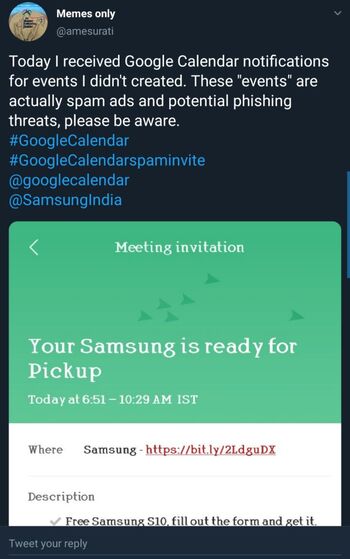
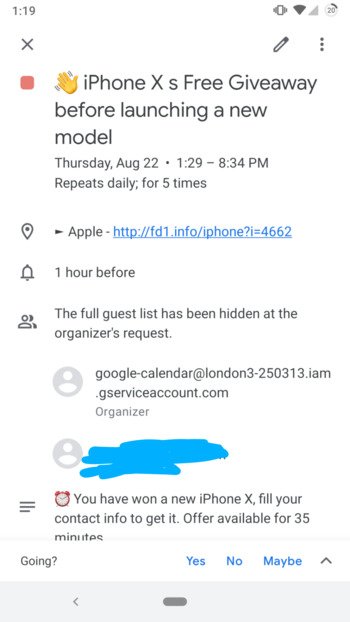
Besides Google’s official support forum, similar reports can be found on a number of social media platforms. Affected users eventually found a way to locate the loophole(s) used by the spammers, but they could not fight against them alone.
1. Open Google Calendar in your browser on your desktop, as the first setting you’ll adjust isn’t accessible from the mobile version.
2. Click the cog-shaped settings icon, then click Settings.
3. Go to the “Event Settings” tab.
4. Find the option “Automatically add invitations” and click the drop-down menu.
5. Select “No, only show invitations to which I’ve responded.” This will prevent event invites you haven’t accepted or declined from showing up on your calendar(s).
6. Next, go to the “View Options” tab
7. Make sure the box next to “Show declined events” is unchecked. That will remove any declined event from your calendar.
8. Finally, look for the “Events from Gmail” section, and uncheck “Automatically add events from Gmail to my calendar.”
After you’ve made these changes on the desktop version, you should double check that declined events won’t show up on mobile, too:
1. Open the Google Calendar app
2. Tap the “hamburger” icon to open the side menu
3. Scroll down and tap “Settings”
4. Tap “General”
5. Disable the slider next to “Show declined events.”
(Source)
Well, the good news is Google has finally acknowledged the issue. They have posted a sticky thread in the Calendar support forum to post further updates on this matter. Rest assured, their engineers are rigorously working to destroy these pesky spammers.
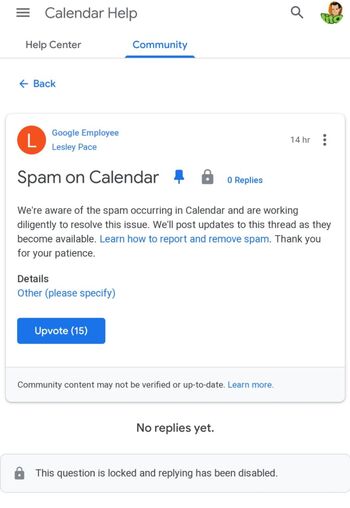
We’re aware of the spam occurring in Calendar and are working diligently to resolve this issue. We’ll post updates to this thread as they become available. Learn how to report and remove spam. Thank you for your patience.
(Source)
Have you got any such spammy event on your Google Calendar? Comment below.
PiunikaWeb is a unique initiative that mainly focuses on investigative journalism. This means we do a lot of hard work to come up with news stories that are either ‘exclusive,’ ‘breaking,’ or ‘curated’ in nature. Perhaps that’s the reason our work has been picked by the likes of Forbes, Foxnews, Gizmodo, TechCrunch, Engadget, The Verge, Macrumors, and more. Do take a tour of our website to get a feel of our work. And if you like what we do, stay connected with us on Twitter (@PiunikaWeb) and other social media channels to receive timely updates on stories we publish.

